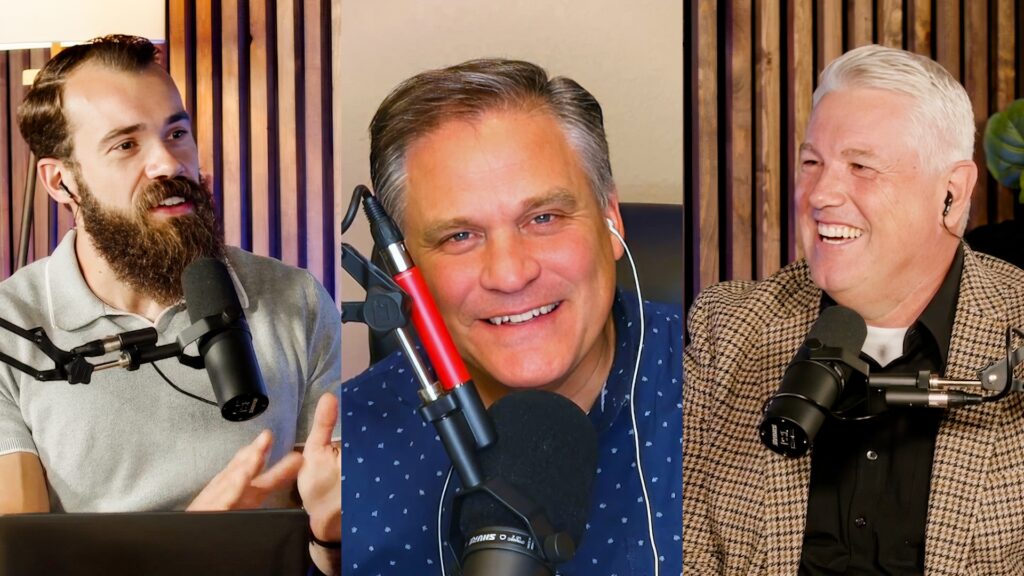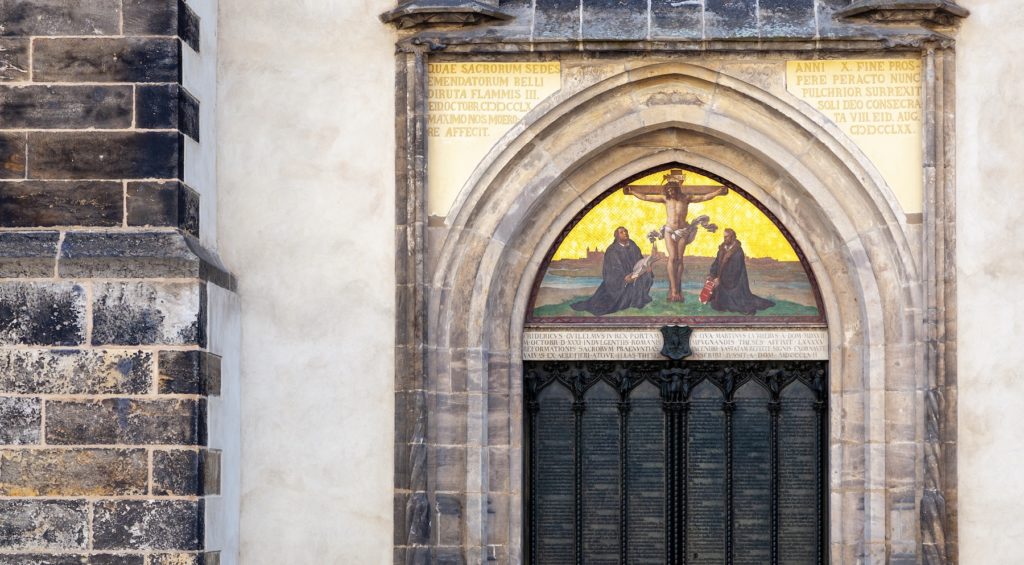When the Apostle Paul responded to this vision from the Holy Spirit (the “Macedonian call”) in God’s providence, a church was successfully planted, and the gospel spread.
However, this famous call was not the last plea Paul received from Macedonia. In 2 Corinthians 8:1-5, we read:
“We want you to know, brothers, about the grace of God that has been given among the churches of Macedonia, for in a severe test of affliction, their abundance of joy and their extreme poverty have overflowed in a wealth of generosity on their part. For they gave according to their means, as I can testify, and beyond their means, of their own accord, begging us earnestly for the favor of taking part in the relief of the saints— and this, not as we expected, but they gave themselves first to the Lord and then by the will of God to us” (ESV).
The Macedonian believers were earnestly imploring Paul to take their gift!
The first call Paul received was for help, the second call was a plea to allow them to help others by including them in the offering Paul was collecting for the church in Jerusalem.
When was the last time you or I “begged earnestly” for the chance to give to the Lord’s work? When was the last time we could not wait to give? Did we experience deep joy the last time we added our gifts to the offering plate at church? Even when we know the budget is tight, do we have faith to give beyond our ability, like those Macedonian saints?
Cheer Trumps Guilt
There are tremendous opportunities across the globe to minister to the physical and spiritual needs of those who have not yet embraced Christ—enough to induce real guilt. Yet most of us are opposed to any charitable appeal that attempts to manipulate these emotions and feelings of guilt. When we do respond with the wrong motivations, we rarely feel joy in giving.
Paul addresses this in next chapter of 2 Corinthians, saying that each one must give “as he has decided in his heart, not reluctantly or under compulsion, for God loves a cheerful giver” (9:7).
How could this impoverished and afflicted group of Macedonian believers give beyond their ability—and do so cheerfully? The text answers: “…they first gave themselves to the Lord, and then to us by the will of God” (v. 5). The key to generous giving is to give ourselves entirely first to the Lord.
Lordship Before Stewardship
There are myriads of ministries, projects, and missions organizations seeking financial partners. How does one decide where to invest?
First, like the Macedonians, we must recognize Christ as Lord over our finances, acknowledging that he owns it all and we are only his stewards. Only when we put God first can we learn to be cheerful givers. Second, we must generously support our local churches. This is the Christian’s first responsibility in generosity. Third, we must pray for God to give us a passion for the lost and needy while actively looking for missions and ministries that align with our burdens. Once we have identified these organizations, we must pray for fruitful ministry, pray for the leadership, and give cheerfully.
Following these steps will free us from remorse over being unable to support every worthy cause we encounter. When Christ as Lord presides over our financial generosity, we won’t be tossed on the winds of guilt manipulation.
Paul’s first “Macedonian call” was a supernatural summons to evangelism; the second was a plea for the privilege to give. May we not ignore these two calls to us today.
Editor’s Note: In addition to making this blog possible, the Global Gospel Fund supports ABWE’s 1,000 missionaries in 84 countries with more than 40 vital support services, allowing them to focus on their calling to gospel ministry. Partner with us.




